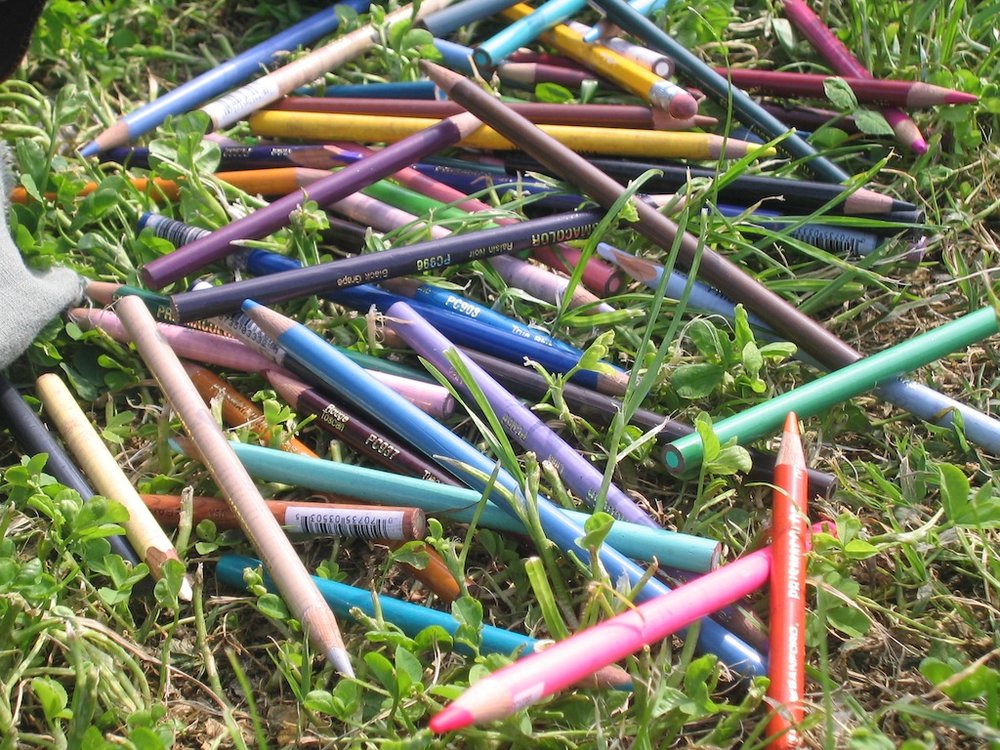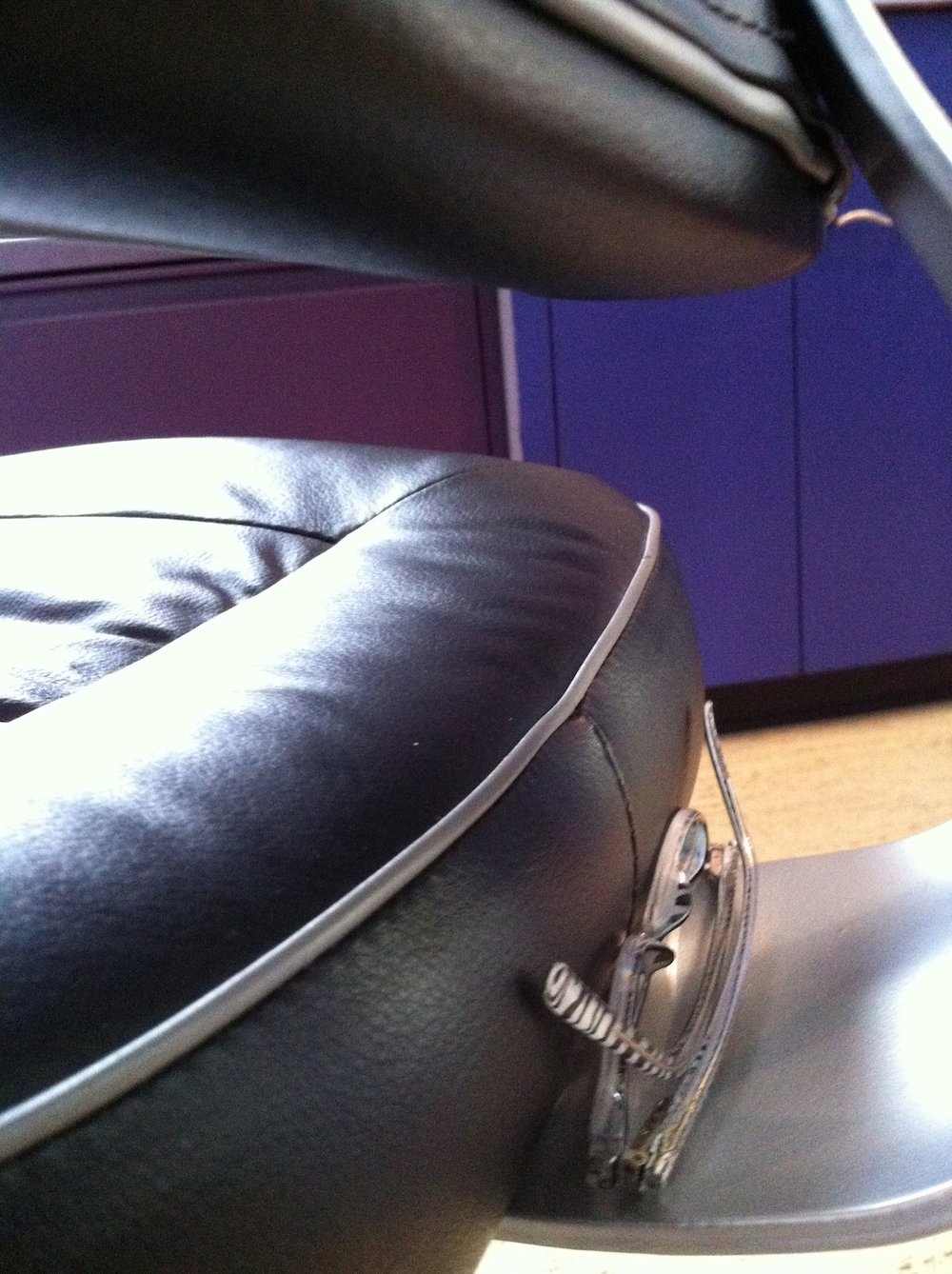
Our oldest daughter just graduated from college. As we returned from our trip, it became clear that an integral part of any transition, whether it's graduation or otherwise, often involves clutter reduction and management.
Clutter can be overwhelming. If you need some help, consider experimenting with some of these seven practical tips.
7 Practical Tips for Reducing Your Clutter
1. Clear Slate
Return things to square one. That might include putting away the dishes, clearing off your desk, or placing dirty clothes in the laundry basket. This will help to maintain clutter and promote mental clarity as you begin your day. When returning from our trip, it felt great to come home to a clutter-free space.
2. Think Less
How much is enough? The less stuff you have, the easier it will be to manage and maintain. While away, I was amazed by how many things I didn’t need. I only packed a small portion of my belongings, of which not all were used. Remember the 80/20 rule. In general, we only wear 20% of the clothes we own. We only reference 20% of the papers we file.
3. Complete Cycle
Develop an awareness of what you are doing. If you have just entered the house with groceries or purchases in hand, take time to put them away. The few minutes spent doing this minimizes clutter that might otherwise collect in hallways, corners, and floors.
4. Create Homes
When things have no place to go, they start to gather in piles. Establishing a place to put your things helps reduce clutter. Make sure that what you keep is “home worthy.” Is it useful? Do you love it? Does it fit? Do you need so many? Is it time to let go? Ask the questions before putting things away.
5. Pass On
What if the clutter represents things no longer wanted? Do I really want to keep my marble collection or pants that no longer fit? Is it time to reroute them? Many people would appreciate them. Can you donate to a local charity or give it to family or friends? Many charities will pick up clothing, linens, furniture, and household items. Especially during transitions, we may find that our things “no longer fit” who we are or where we are headed. This can be a clutter-reducing motivator.
6. Use Minutes
Clutter management doesn’t have to involve hours. Doing periodic ten-minute sessions can be less overwhelming. Unpacking from our trip included clearing out my travel folder. Some items were filed, and others were recycled. I used additional minutes to look through the four-year-old college folders and clear out papers that are now irrelevant.
7. Purchase Consciously
Before purchasing, consider whether you genuinely need it and where you will store it. Factoring in this aspect of purchasing habits will prevent clutter from entering your home.
What are your favorite ways to manage and reduce clutter?








